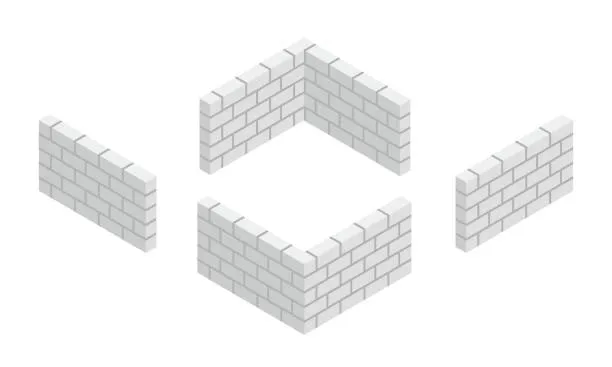Construction Contracts: Things To Consider When Writing It
What are Construction contracts? Whether you’ve rented a car, rented an apartment, or signed a credit card, you’ve likely signed many contracts as an adult. However, you may not have found a construction contract yet, and it may seem quite strange when you first start reading it.
Considerations to take into account before signing a construction contract
While it is best to have an experienced construction industry law attorney advise you on the details, here are some special considerations to keep in mind when you are preparing to sign a construction contract.
General construction contracts
A contract is a legally enforceable agreement between two or more parties. Each state has its own laws regarding the requirements and enforcement of contracts, but many contracts must be in writing.
For example, construction contracts that can take more than a year to complete must be in writing. Similarly, construction loan financing and contracts involving the sale of improved real estate must also be amortized.
Read Also: Top 10 Types Of Interior Finishes
Although some construction contracts can be oral, it is always best to have your contract in writing so that it is clear what each party is responsible for, what the payment terms are, and what happens if something goes wrong. If there is a dispute on the way, a court can more easily decide what is fair under a written agreement.
Construction contracts: Who are the parties?
An important consideration with respect to construction contracts is determining who the parties are and what their obligations to each other are.
While some agreements can be straightforward – an understanding between you and a handyman – other construction contracts can be more complicated with the addition of a general contractor, subcontractors, architects, designers, and even government entities.
For example, if your construction contract only lists a few obligations between you and a general contractor, you could face serious problems if the general contractor does not pay any of its subcontractors.
In these situations, a subcontractor may come after you for payment (even if you have already paid the general contractor for the work) and could put a mechanic’s lien on your property to enforce the payment.
However, if your contract had anticipated these types of situations, you would have been better protected against all this ordeal.
Since construction projects can involve so many different people, it is important that the contract expresses who these actors are and the aspects of the project that each is responsible for.
In this way, if something goes wrong, such as a construction defect issue, the contract can help guide the parties toward some kind of equitable resolution.
Types of construction contracts: Risk allocation and making payments
Another important consideration in construction contracts is how payments are made and work is completed.
There are many types of contracts, and each carries its own benefits as well as inherent risks. Below are some common types of construction contracts.
- Lump-sum or fixed-price contract: In these contracts, the owner pays a total fixed price to the contractor for the entire construction project. This puts a lot of risk on the contractor as he or she may underestimate the cost to complete the project.
- Time and Materials: Here, the owner pays the contractor an hourly or daily rate, plus an amount to cover the materials used. This allows you to pay for the time worked but can encourage the contractor to spend more time on the project.
- Cost Plus: In these arrangements, you pay all actual allowable construction expenses, plus an amount to cover the contractor’s benefits. With cost-plus contracts, the owner must include limits on the amount a contractor can bill.
Regardless of the exact type of construction contract you use, there are many problems to anticipate, and it is important to know exactly what you are paying for, how changes will be handled, and what the timeline will be for completing construction.
Ask an attorney to review your construction contract
From small home improvement projects to large investment developments, there is a lot of potential for delays, confusion, design defects, construction defects, and simple misunderstandings.
Having a well-planned contract can alleviate some of the heartache associated with these setbacks.
Read Also: Buying Or Building A House? See Which Is Best
Whether you are preparing to sign a contract or trying to determine who would be liable in the event of a construction problem, let an experienced construction law attorney review your contract before making any final decisions.

![Cost Of Setting Foundation For A 3-Bedroom Flat ([year]) Cost Of Setting Foundation For A 3-Bedroom Flat](https://eucarlrealty.com/wp-content/uploads/2023/01/istockphoto-1158053848-612x612-1.webp)
